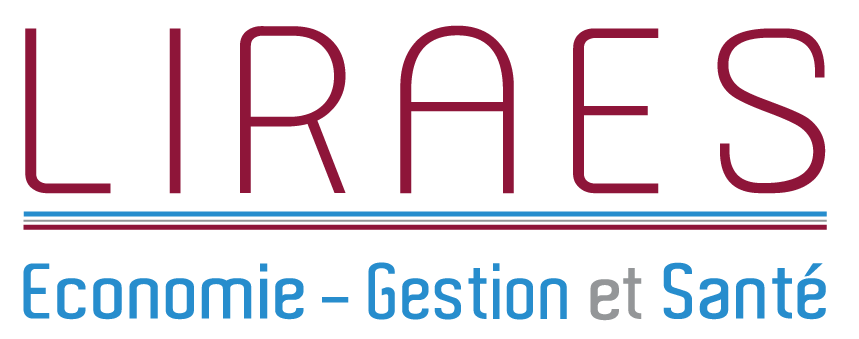Auteurs : Bertrand Chopard, Marie Obidzinski
Abstract: In real life situations, potential o§enders may only have a vague idea of their own probability of getting caught and possibly, convicted. As they have beliefs regarding this probability, they may exhibit optimism or pessimism. Thus there exists a discrepancy between the objective expected Öne and the subjective expected Öne. In this context, we investigate how the fact that the choice whether or not to commit an o§ense is framed as a decision under ambiguity can modify the standard Beckerian results regarding the optimal Öne and the optimal resources we should invest in detection and conviction. We discuss the validity of our results under three di§erent social welfare functions.
Keywords
Deterrence, pessimism, optimism, ambiguity
Classification JEL
D81, K42
